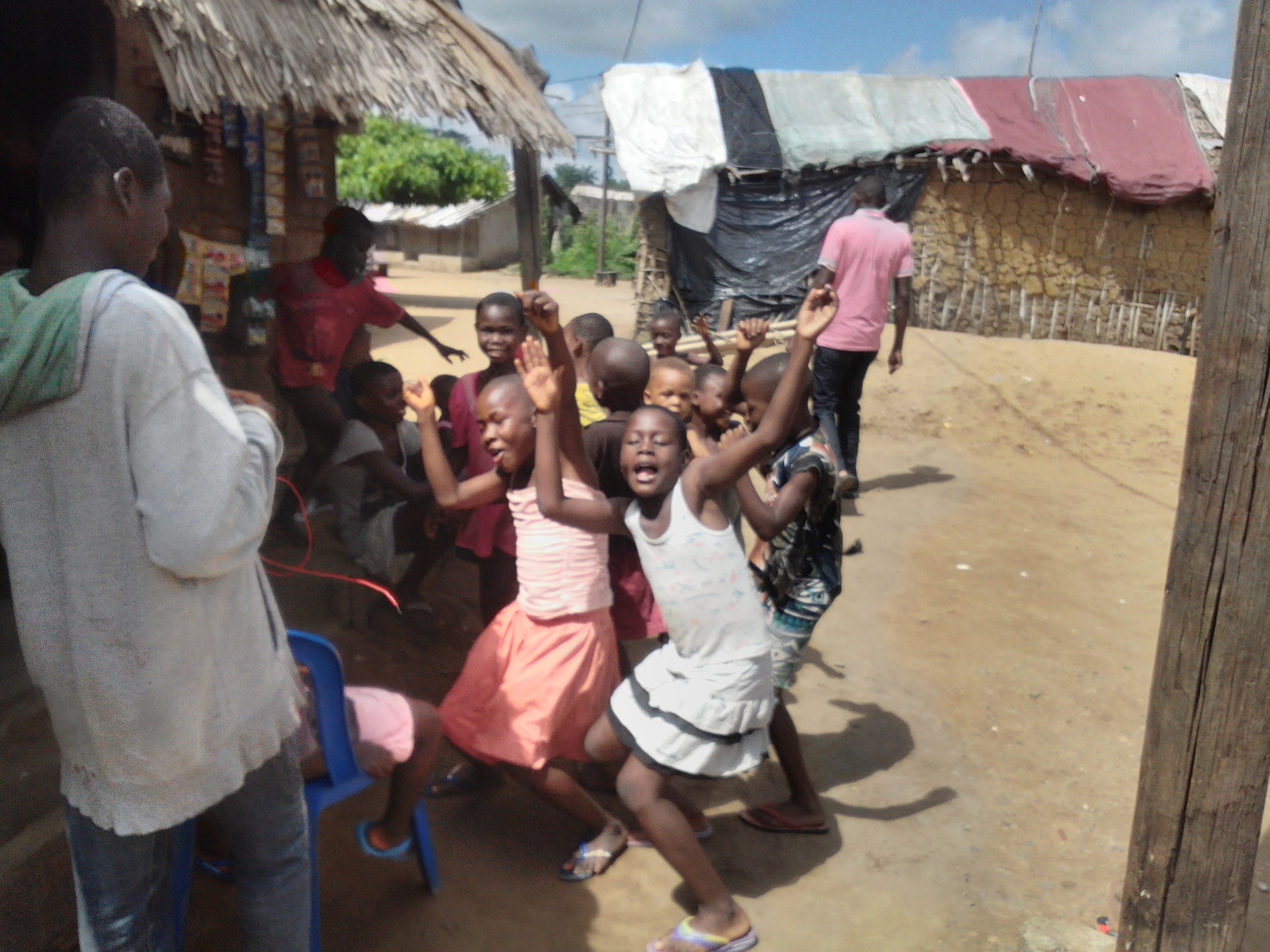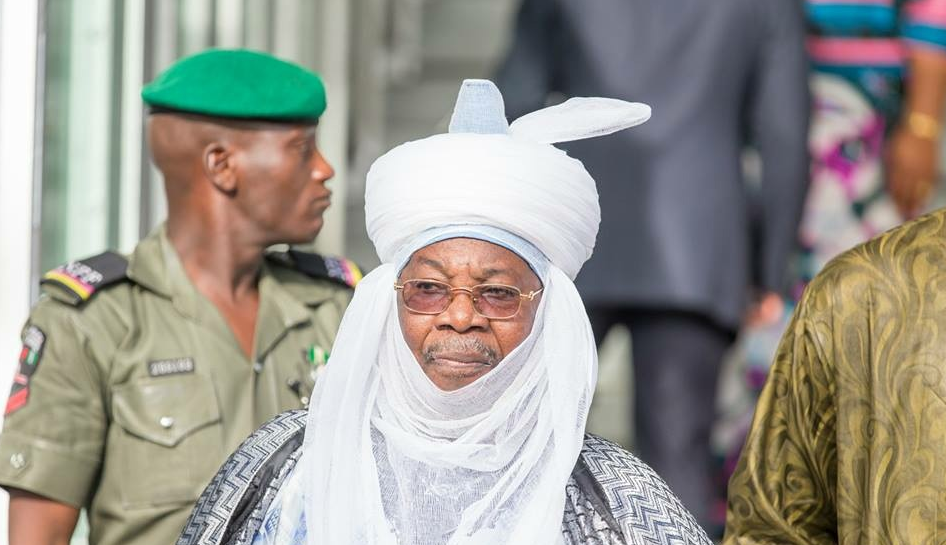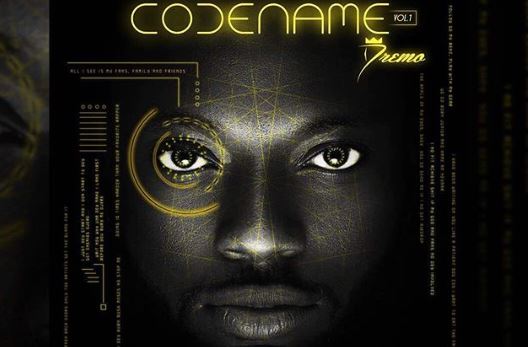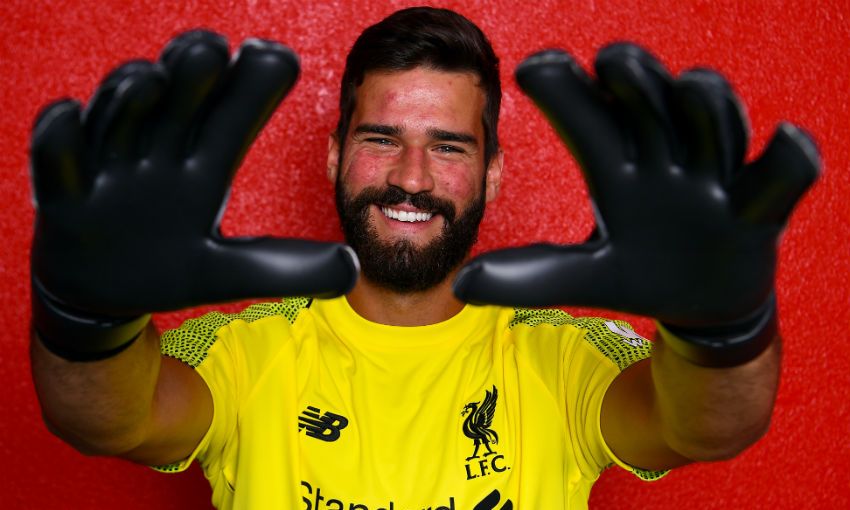Exif_JPEG_420
With two hundred years in darkness, there seems to be no glimmer of hope for inhabitants of Umon Island, Cross River state. Detached from the national power grid, theirs became a forgotten world. But one day, everything changed. The power from the sun lit up their homes and gave life a new meaning. From the barber’s shop to the beer parlour, energy from the solar mini grid oozed the sound of sweet music from loudspeakers. ABIOSE ADELAJA-ADAMS, who visited the riverine community, spoke to residents about the transformation, impact and challenges of the intervention that has brought smile to their faces
After he lost his uncle and breadwinner in 2017, it dawned on 25-year-old Godswill Oboh that it was going to be a hard time. He knew life wasn’t going to be a bed of roses. After the remains of his uncle was interred at Umon Island, Biase local government area of Cross River state, he stayed back in his hometown which he left many years back to stay with the deceased in the city.
The thought of life without his uncle filled Oboh with horror. Certainly, he knew he was at crossroads and fate has held him to ransom; but he wouldn’t give in to the devouring jaws of the street or a life of crime. He snapped out of that fleeting moment of sorrow. His mind wandered for days on which vocation to pitch his tent. Finally, he found solace in cutting hair.
Oboh gave in to the advice of people who told him to open a salon to meet the teeming demand of the community. From the proceeds of this business, fortune beamed at him once again. Incidentally, it was around that time the German government, in a bid to promote socio-economic development and investment opportunities in renewable energy, partnered with the state and the private sector to construct a 50 kilowatt solar mini grid in the community. Not only has Oboh become the only one cutting hair in an island of about 5000 people, he is able to save up to N16,000 every month from using solar energy to power his clipper and other equipment.
Advertisement
Without the solar electrification, he would have used three litres of petrol to fuel his generator, which is worth N600 per day (fuel costs N200 per litre), N4200 per week and roughly N18,000 in a month. But since the arrival of solar electricity, he spends only N2000 monthly on prepaid provided by the solar mini-grid.
Oboh is not the only one counting the gains of the solar system.
“I run a beer parlour. And nobody will buy your drinks here if it is not cold. So with the light, I can cool my drinks,” says 32-year-old Ogette Benedict, a small-scale businessman who was delighted over how the solar power transformed his business.
Advertisement
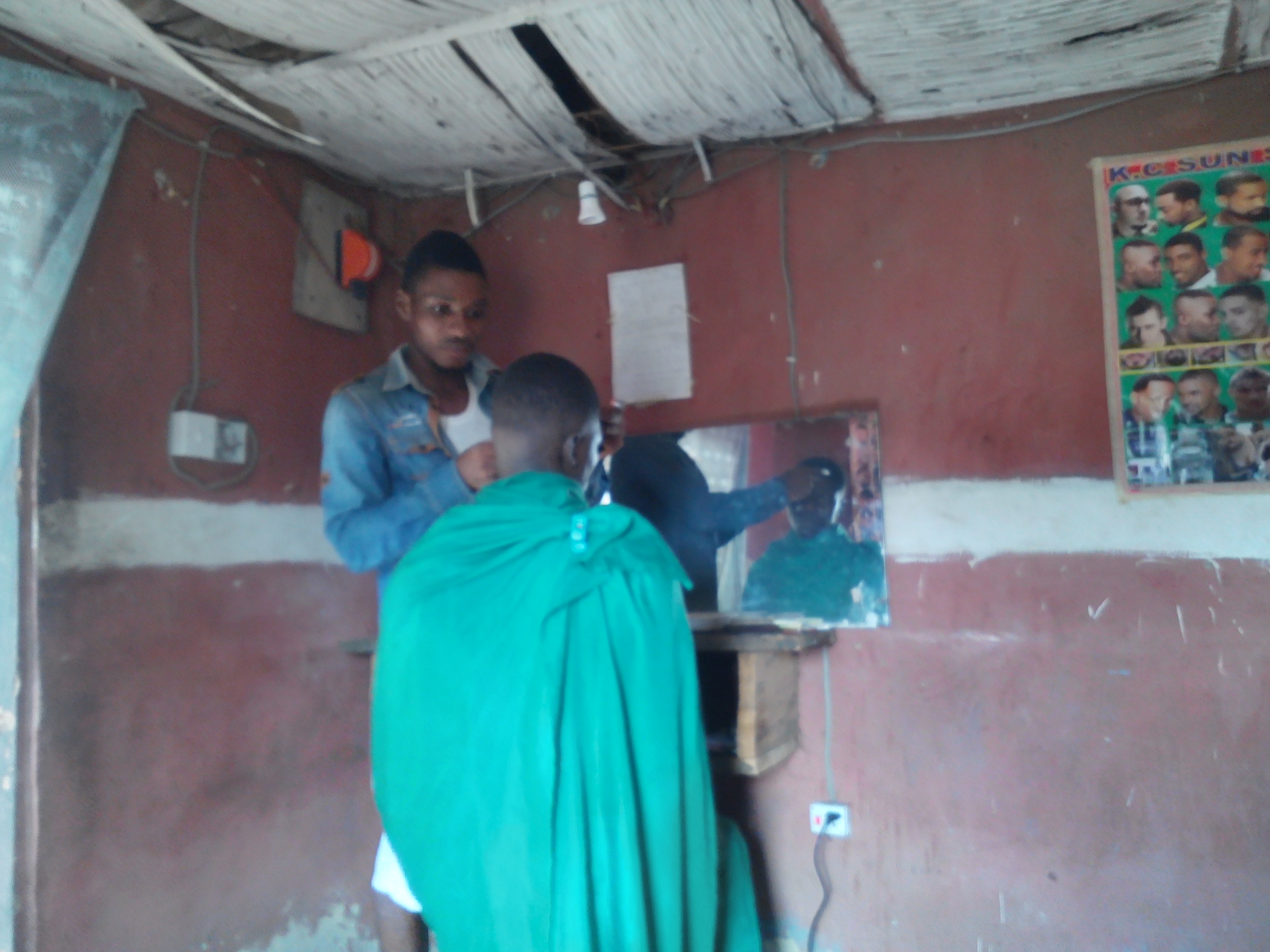
For Godswill Uduabang, a patent medicine seller, the light has turned the fortune of her business around as she can now attend to patients at any time of the day.
“I can sell medicine till late evening. I can also treat people in the night. Before, once it is dark, I start to close my shop or put on candle to treat people, which is very difficult. But now, I can even play music and enjoy myself while working.
Findings by TheCable showed that an average adult in the village makes not less than N2000 from selling fish caught in the river. In a month, an individual earns roughly N60,000, but with the advent of light which serves as a boost to other investments, people make more money. The level of financial comfort the light has brought was obvious as satellite dishes had been installed in some of the houses there.
The solar system is housed in a room containing 48 batteries each carrying two volts and six battery inverters to generate 50 kilowatts. In the small room are 18 photovoltaic cells (solar panels) which receive sunlight. The sunlight is converted to direct current that passes through the grid. The power stored in the grid is ultimately fed into homes that are connected.
Advertisement
The blessing in having such initiative is that due of its closeness to the equator. Nigeria has sunshine between 320 to 350 days with radiation as high as 3.5KW/h per square meter in the south and 7KW/h per square meters in the north. With adequate investment in free energy from the sun, the country can generate 5000 trillion kilowatts of solar energy that will totally replace electric power generation through gas and dam, experts say.
As of the time of visit – which was three months into the project – there were 90 houses connected to the grid, including schools and the only hospital there.
“We sent letters out to about 200 homes in the community and a sister community to sign an end-user agreement before their homes can be connected to the grid. We give light for up to 18 hours at a stretch every day. It could be more consistent, but we have a little hitch in the solar system, which is being fixed,” says the field electrical engineer, Abraham Asuquo who took this reporter around.
The project is funded by the German government through its arm of international cooperation, GIZ (Deutsche Gesellschaft fur Internationale Zusammenarbeit). It signed a memorandum of understanding with five states: Ogun, Niger, Plateaun and Sokoto, to provide solar with the aim of promoting economic development.
Advertisement
DECENTRALISING THE NATIONAL GRID
Though the country’s transmission capacity has increased from 5000 MW to 7000 MW, it is still besieged with problems of weak transmission lines, obsolete cables and poor management. If national grid should collapse, the whole country will be plunged in darkness. To avoid such a scenario, experts advocate for decentralization of the national grid.
Advertisement
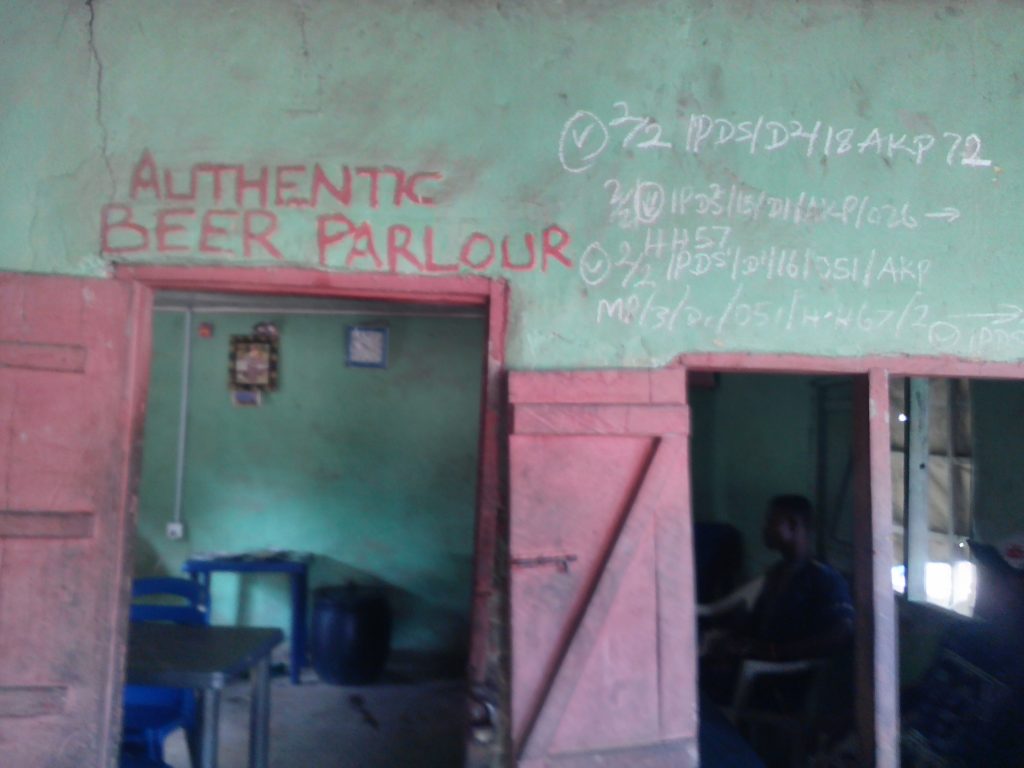
“What we are trying to show the government by this project is that if we have pockets of small, small, power generation like this in communities, we will not need to depend on the national grid alone,” Etiosa Uyigue, the executive director, Community Research and Development Centre (CREDC), a nongovernmental organization spearheading this initiative in Cross River, says.
“Our recommendation to the government is to decentralize the national grid. We are not relying on the national grid. This is small, but it is achievable and sustainable, it is meeting the needs of communities which may never get connected. And with the private sector participation, we will do the maintenance. Let the government have the political will to even begin going to the communities.”
Advertisement
RURAL ELECTRIFICATION
The question that persists is if Nigeria has the political will to invest in solar? So far, the German government says it has invested 24.5 million Euros (N10.4 billion) across these five states. Uyigue says the Umon IsIand project alone costs N80 million. A look at the annual budget of the federal government, several projects of rural electrification was seen.
Advertisement
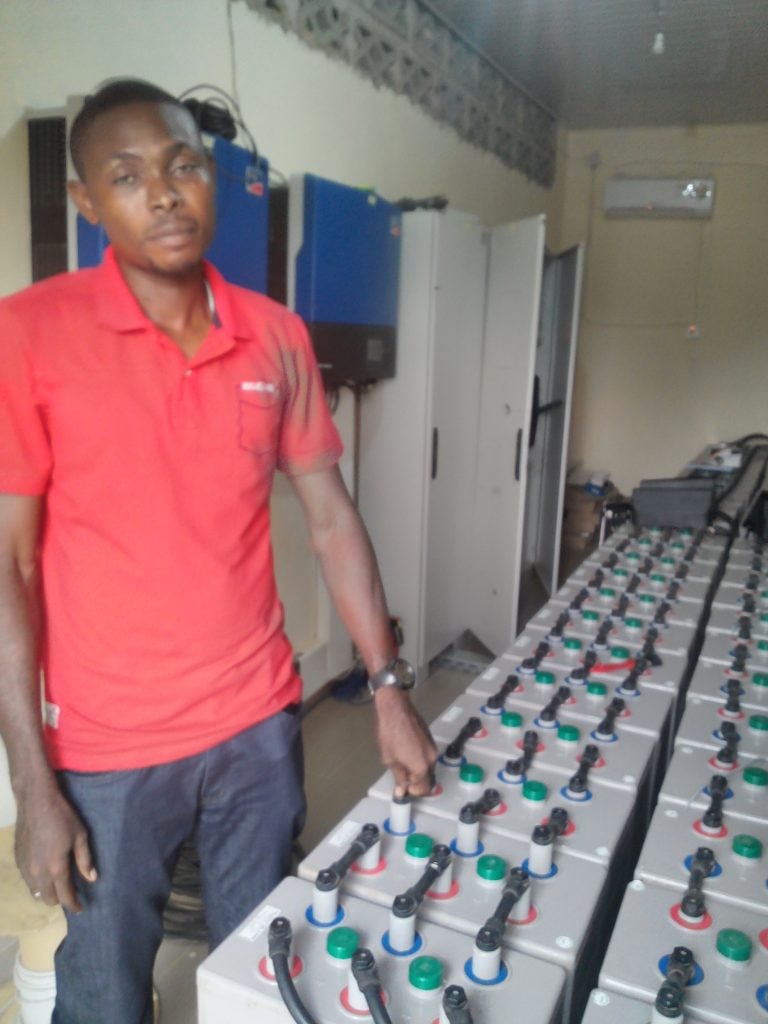
For the project in the 2016 budget, N35 million was made for the “generation of 320 KW solar mini grid for Onidundu in Obafemi Owode area of Ogun state,” an allocation of . When compared with Umon Island solar mini grid of 50 kilowatts (cost of N80 million), it is clear that the project (generation of 320 KW solar mini grid for Onidundu in Obafemi Owode area of Ogun state), will not fly.
The project officer of the Cross River state rural electrification agency, Peter Okopi, told TheCable that many rural electrification projects are abandoned halfway because the amount budgeted is far less than the actual amount required to do a thorough work job.
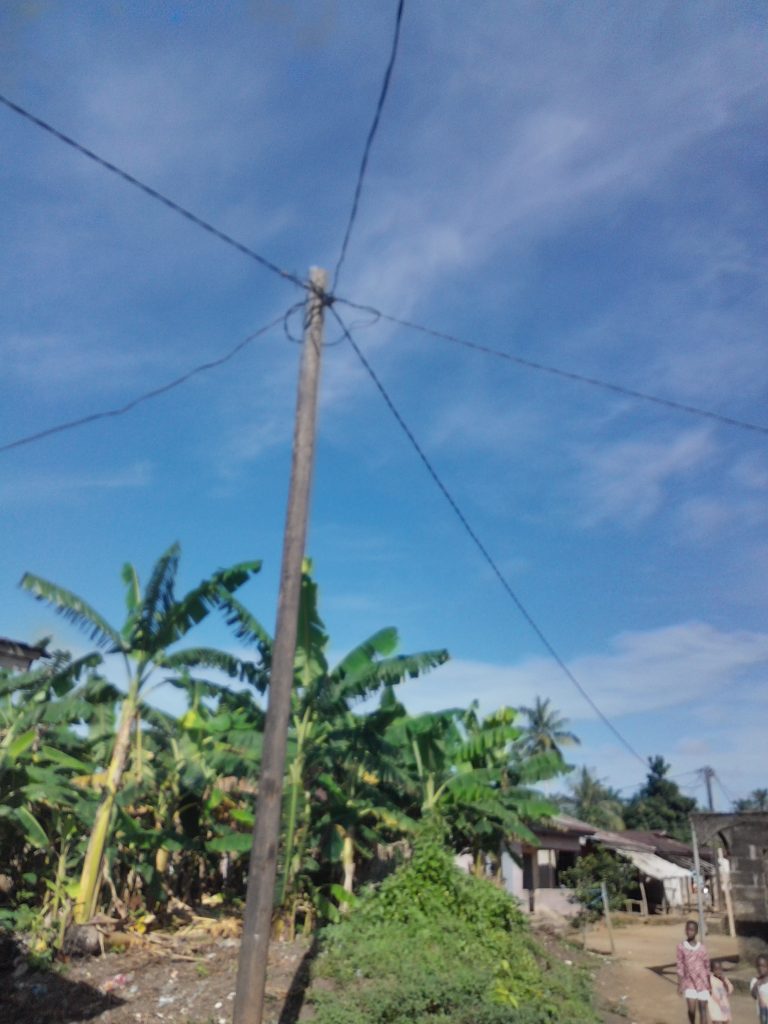
“The house of representative members who put these things in the budget don’t consult us before they do. People just quote a figure without consulting the community, and so because the federal government project is to be executed, as a civil servant, one just has to do it to fit in the budget,” he says.
“If government is serious, they have to invest in solar, and it has to be done with the private sector. The government cannot take ownership of the maintenance. For example, this project in Umon, we are the ones maintaining it. We monitor it.”
There are many such white elephants projects in the name of rural electrification in the country’s budget.
This is a special investigative project by Cable Newspaper Journalism Foundation (CNJF) in partnership with TheCable, supported by the MacArthur Foundation. Published materials are not the views of the MacArthur Foundation.
Add a comment
